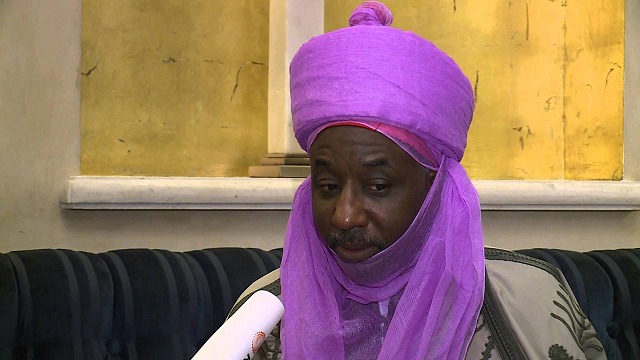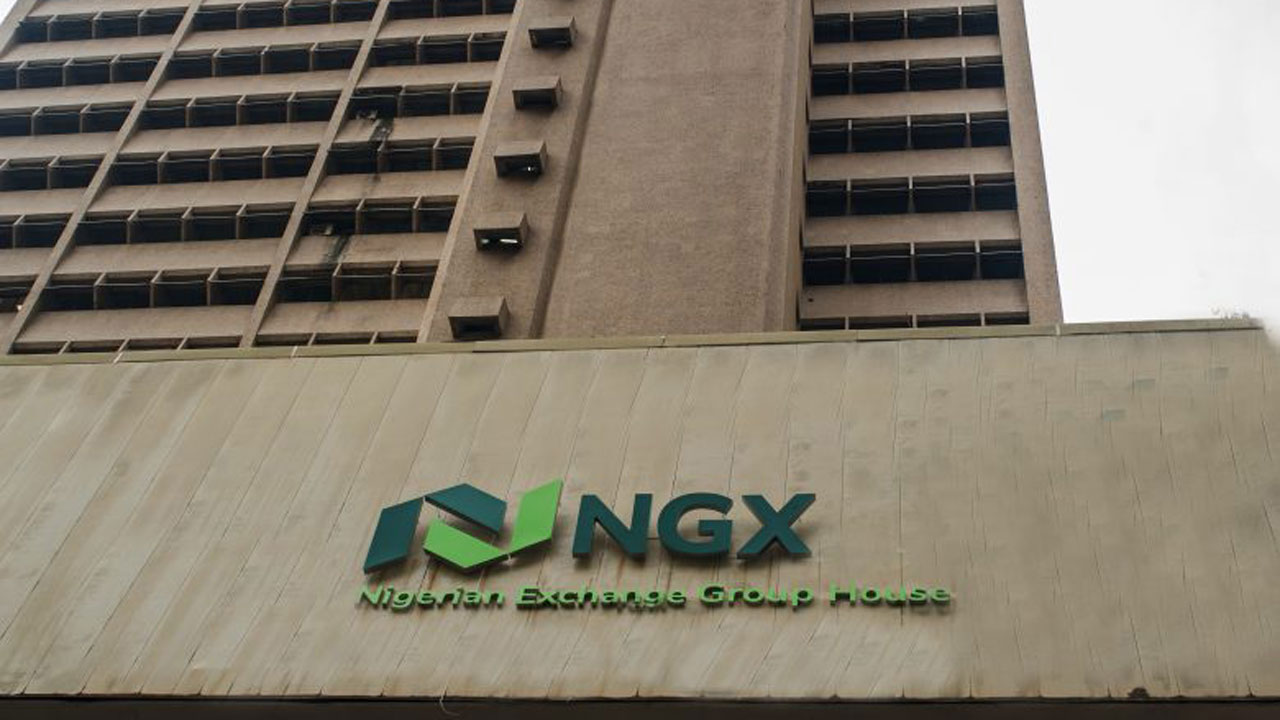Former Emir of Kano, Muhammadu Sanusi II, has stated the attainment of sustainable development goals (SDGs) in Nigeria by 2030 is being affected by the payment of petrol subsidies.
The Federal Government has spent N714 billion in the past seven months, reducing the monthly revenue accrued to the federation account.
Sanusi who spoke during a panel session at the 27th Nigerian Economic Summit (NES) in Abuja, which took place on Tuesday, said Nigeria needs to prioritize expenditure on sectors such as healthcare and education.
“Does the Nigerian state even consider development as its critical priority?” Sanusi asked.
“Forget the noise, where are we spending our money? We spend more money on debt service, fuel subsidy, overheads on the national assembly and not education, healthcare that countries like Ghana and Rwanda are spending.”
Sanusi said the country is paying a heavy price by taking resources meant for critical sectors to spend on subsidy payments.
“At the level of the state, we have to decide what the priority is. So long as our spending sends the wrong signals and the bulk of our resources are going to the wrong areas, we are not going to reach the goals of the SDGs,” he added.
READ ALSO: Nigeria Spent N123.73bn on Petrol Subsidy In September
The former Central Bank of Nigeria (CBN) Governor, stated that the biggest accelerator to the fulfillment of the SDG goals is political leadership that comprehends what development entails.
“If we do not as a nation, at the level of leadership, understand that development is about human beings; everything we are doing will come back and hurt us,” he said.
“So, the biggest accelerator is having a political leadership that understands that the state should be developmental and not a popular state.
“For the last 20-30 years, we have turned the state into a populous and righteous state, the focus has to be interrogated.”
He said the country needs to build a national consensus and the consciousness has to be at the top — the governorship and legislators have to agree.
“We need a mind change. It is something that the states need to exit. For those poor people, whoever is sitting; the governor or the state should think of those people first,” he added.
“When you do that is when you make the right investment in education, health and the right policies that will help us to reduce poverty. If we don’t do all these, we cannot accelerate the SDGs.”












